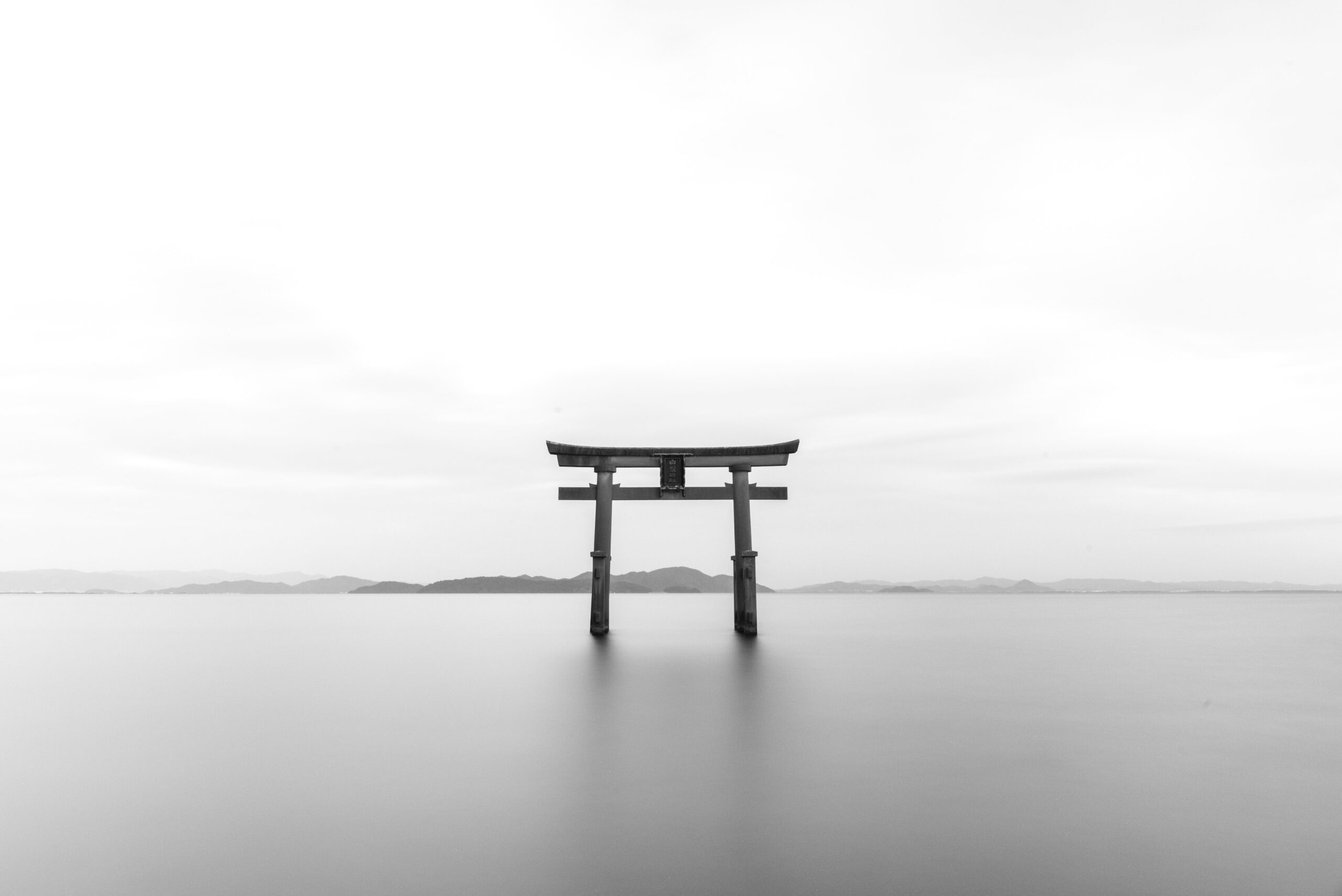A robust earthquake in Japan has prompted thousands to seek refuge in evacuation centers, with confirmed casualties and ongoing rescue efforts.
At approximately 16:10 local time (07:10 GMT) on Monday, a 7.6-magnitude quake struck, resulting in four reported fatalities and numerous injuries, according to Kyodo news agency. The earthquake triggered tsunami warnings, later downgraded, causing widespread concern.
Following the initial quake, approximately 60 aftershocks have been recorded, adding to the apprehension felt across affected regions.
Visitors, including a snowboarder in Japan’s Hakuba Alps, shared their experiences, expressing concerns about avalanches. Baldwin Chia, on holiday, emphasized the unexpected nature of experiencing an earthquake in a region accustomed to seismic activity.
Briton Andy Clark, present in the coastal city of Toyama during the quake, described a “scary afternoon and evening,” narrating his efforts to find safety amid the tremors. Despite being on the other side of Japan, Jeffrey Hall, a lecturer at Kanda University, attested to feeling the quake’s seriousness for about two minutes.
Evacuation shelters, including elementary schools, have accommodated local residents for the night, illustrating the immediate impact on affected towns and cities.
The extent of the damage remains uncertain, with major infrastructure damage reported in Suzu City, Ishikawa prefecture. Collapsed houses, power poles, and closed highways near the quake’s epicenter contribute to the visible aftermath. Over 36,000 households face power outages, as reported by utilities provider Hokuriku Electric Power.
The coastal Noto area initially faced a significant tsunami warning, reminiscent of the 2011 catastrophe. However, actual waves reaching the Sea of Japan coastline were comparatively modest.
Japan, a seismic hotspot due to its location on the Pacific Ring of Fire, boasts an advanced tsunami warning system. Despite several nuclear power plants in affected regions, authorities assure there is “no risk of radioactivity leaking” from these facilities.
South Korea and Russia issued tsunami warnings in response to the earthquake, evoking memories of the devastating 2011 event that led to significant loss of life and the Fukushima nuclear disaster.
As the affected areas assess the full impact of this recent earthquake, concerns persist, emphasizing the ongoing challenge of managing seismic threats in a region accustomed to such natural upheavals.
![]()
